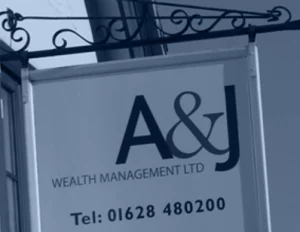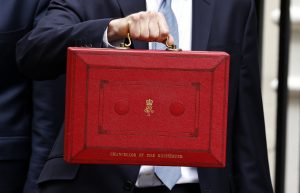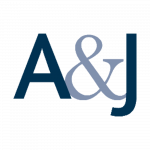1st September 2023
The Danger of Spousal Bypass Trusts in Relation to Pensions on Death
In estate planning, spousal bypass trusts have been widely used to mitigate inheritance tax and preserve wealth for future generations.
However, these trusts can have unintended consequences when it comes to pensions.
As individuals seek to secure their financial legacy, they must be aware of the potential dangers associated with such trusts, particularly in relation to pensions.
What is a Spousal Bypass Trust?
A spousal bypass trust refers to a discretionary trust arrangement designed to receive a pension lump sum death benefit, wherein one of the beneficiaries is the surviving spouse.
They are usually used in situations involving intricate family circumstances, where a straightforward nomination or expression of wishes cannot accomplish the intended results, or when a direct payment to a beneficiary may create inheritance tax (IHT) concerns.

However…
Since April 2015, pensions have had the capability to pass onto beneficiaries through beneficiary drawdown.
This practically gives an individual the possibility to pass down pension assets IHT-free to whomever they like, and they can stay in the format of a pension product. In addition, if the individual passes away before age 75 then the pension assets can be withdrawn by the beneficiary tax-free and they can also grow tax-free.
Whereas, if the individual passes away over the age of 75 then any withdrawals taken by the beneficiary are taxable based on the beneficiary’s marginal rate of income tax.
The benefit of passing down pension assets in the above manner is that it can stay within a pension environment and the beneficiary has control of when or if they pay any tax (depending on whether the individual has passed away before or after age 75).
In addition, the pension stays inheritance tax free, and it can grow, if invested. The beneficiary then has control of, on their death, who the pension assets pass to. It is almost like a bespoke trust arrangement but without the hassle, time, and cost of setting up your own trust.
Whereas, if a pension lump sum death benefit is paid to a spousal bypass trust, then there can be a number of tax consequences.
Tax Consequences
The pension lump sum death benefits paid to a spousal bypass trust will be subject to a 45% tax charge if the pension scheme member passes away after reaching the age of 75.
However, if the member dies before reaching 75, the payment is usually tax-free, except when a lifetime allowance charge is applicable. This exists even though the Lifetime Allowance will eventually be abolished from the 2024/25 tax year.
In addition, on every 10-year anniversary of establishing the trust, there is a possibility of incurring a recurring Inheritance Tax charge. The calculation of the periodic charge can be complex, and this can incur further taxation and complication.
This is all versus the option of simply using beneficiary drawdown which still gives you a good element of control, less administration, and without onerous upfront tax charges.
Spousal Bypass Trusts were very popular pre-April 2015, and they continue to be used for individuals and are recommended by many solicitors who are not aware of the potential tax consequences.
Whilst you may be comfortable with the extra control through spousal bypass trust you may not have been aware of the potential tax consequences.
Individuals contemplating a spousal bypass trust must carefully weigh the benefits of having increased control and flexibility against the potential 45% tax charge that may be applied to the lump sum paid to the trust if they pass away after the age of 75, as well as the ongoing trust tax expenses.
To make informed decisions, seeking advice from professional financial advisers and estate planners who can provide personalised guidance based on individual circumstances is crucial. By understanding the dangers associated with spousal bypass trusts and taking a holistic approach to estate planning, individuals can ensure a secure and prosperous financial future for themselves and their loved ones.
Disclaimer:
The opinions expressed in this update are those of A&J Wealth Management Limited only, as at 1st September 2023, and are subject to change.
The content of this publication is for information purposes and should not be treated as a forecast, research, or advice to buy or sell any particular investment or to adopt any investment strategy. It does not provide personal advice based on an assessment of your own circumstances. Any views expressed are based on information received from a variety of sources which we believe to be reliable but are not guaranteed as to accuracy or completeness. Any expressions of opinion are subject to change without notice.
Past performance is not a reliable indicator of future results. Investing involves risk and the value of investments, and the income from them, may fall as well as rise and are not guaranteed. Investors may not get back the original amount invested.












